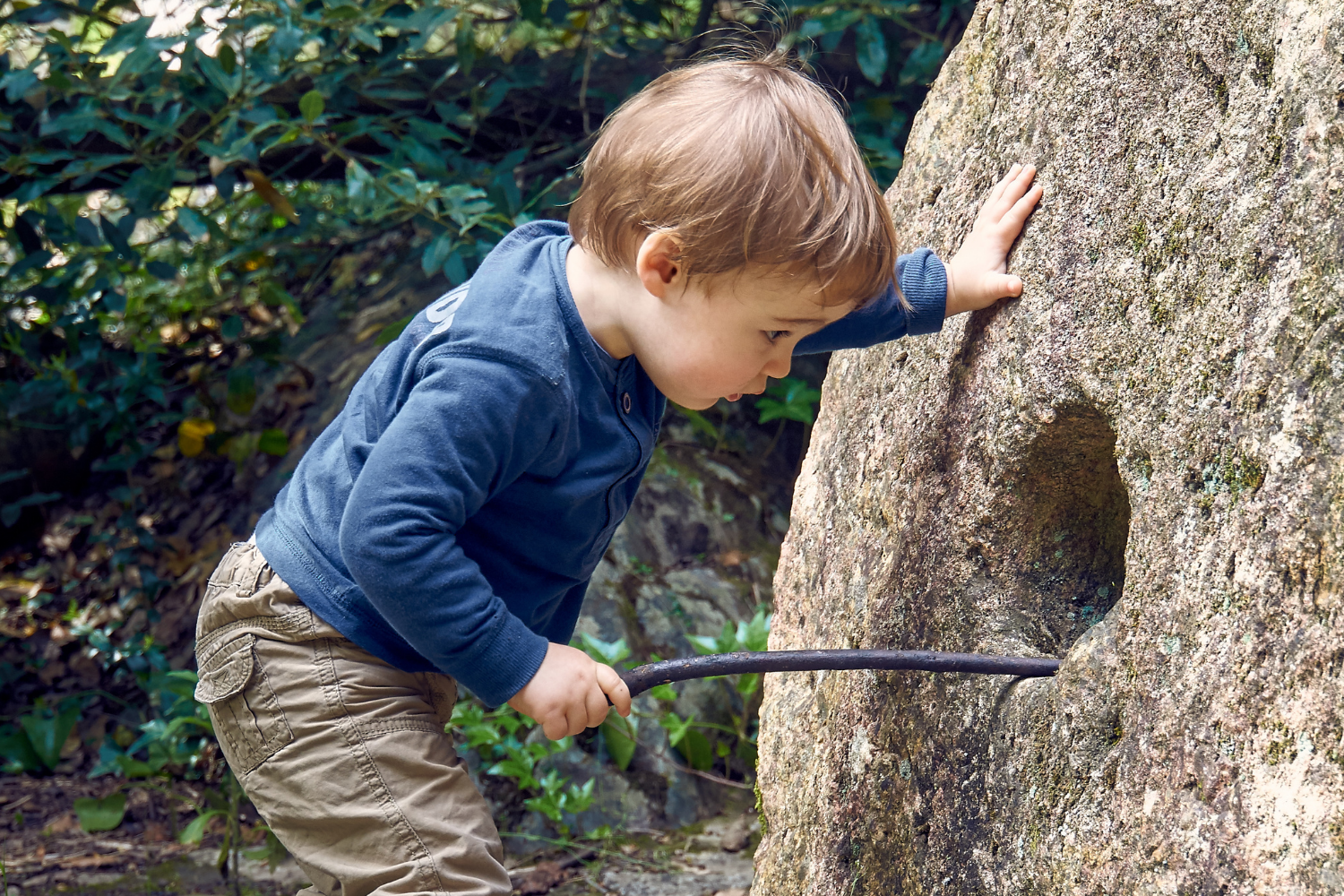When I was younger, I had a friend who was a writer and one day he saw me put a book face down on the table.
"Oh, horrors!" he exclaimed. "If you knew what went into writing a book, you would never treat it that way." (He was much older and a bit of a Henry Higgins character.)
Will you be surprised if I tell you that in all my years since, I have never once put a book face down on anything.
“Good friends, good books, and a sleepy conscience: this is the ideal life.”
Books contain the workings of an individual's mind, and ideas, as Aristotle taught, have a divine component to them. I was fortunate that, at a relatively young age, I was taught to respect the written word, something our youth are failing to discover.
Consider for a moment the origin of new ideas, insights, and understandings and you will begin to get a sense of the wonder of the mind.
And when you grasp that sense, and you consider that an intelligently-written book encapsulates that wonder, you will better understand my 5 rules for treating books with respect.
5 Rules for Handling a Book
1. Never Eat While Reading
Have you ever bought a used book only to find a blob of someone's ice cream or chocolate inside the pages? Talk about horrors. Eating while reading is not a good habit for two reasons:
Eating without paying attention to what you are eating can contribute to obesity. It's very easy to lose sight of how much we have eaten, when we are putting food into your mouth mindlessly. With the obesity epidemic in the West, this is a habit we do not want to inculcate in our children.
Books, like clothes, should be kept clean. I can think of no better reason than when one eats, one should eat, and when one reads, one should read. Furthermore, it was once considered poor manners to eat while reading, and I maintain that it still is.
2. Always Use a Bookmarker
You will be hard-pressed to find a book in my home without a bookmarker in it. My books are adorned with anything from a scrap of paper (not recommended) to gold-plated bookmarkers (not real gold).
You should never let your child bend the top of the page to remember where he left off! If you go into a used bookstore, as I often do, you'll notice that older books are devoid of bent pages. This is because people of earlier generations were more civilized and knew how to treat a book.
“The person, be it a gentleman or lady, who had no pleasure in a good novel, must be intolerably stupid.”
3. Never Use a Highlighter
Have you ever come across a difficult-to-find used book only to discover that it had been marked up with yellow highlights? Pages full of yellow highlights in a book tell me only one thing, the previous reader never learned how to extract the main point from a passage.
Another abominable habit is to mark up a book in messy scribbles with ink. A neatly written note on the margin, or even a checkmark by the noteworthy passage is plenty,and a sharpened pencil is the preferred instrument.
4. Treat the Book Cover with Care
I never leave home without a book, and I would teach your children to do the same. We never know if we will get stuck in a long line, staring at the walls (or worse, some unsightly person with rings in his nose, purple-spiked hair, and trousers down to his knees) while we wait for the time to pass.
Invariably, when I forget to bring a book with me, that's the day I get stuck in the long line. It's as if the Universe is reminding me of the importance of this habit.
Back to my point, before I put my book in my purse, I wrap it up in a very thin book bag. If your child has a backpack, he’ll want to do the same. This way, neither the cover nor the pages will lose the beauty of their form.
If I can't find my book bag, I might wrap it in a scarf; anything of light material will do as long as it will hold the book in place and not weigh down my purse.
In a child’s case, overloaded backpacks can cause back problems, so you’ll want to make sure his bag is not too heavy either.
5. Travel with Care
When I travel, I wrap my books up before I place them in my suitcase. There is nothing more shattering than arriving at my destination only to find my books have been tossed about like a ship caught in a tempest.
And that, dear reader, completes my 5 rules for handling a book with respect.
Now, let me tell you about another writer friend who I will never understand. His bookshelves are full of well-read books with food stains, bent pages, torn covers, and all the horrors you can possibly imagine.
He's like a gardener who creates beautiful gardens for others to enjoy, but tramples on his own.
I realize, like my friend, you may object to my 5 rules for handling a book, but I can only defend myself by saying that obesity and pages spotted with chocolate are aesthetically unpleasing to the eye, and we should always strive to uphold that which is beautiful.
Don’t miss our free download, Ten Books Every Well-Educated Child Should Read.
When you join the Smart Homeschooler Academy online course for parents, Liz will share her 6-step framework, so you can raise children of higher intelligence, critical thinking, and of good character.
As a homeschooler, you will never have to worry about failing your children, because working with Liz, you will feel confident, calm, and motivated; as she guides you to train your children’s minds and nurture their characters.
Teach your child to read before sending him to school! Learn more about Elizabeth's unique course, How to Teach Your Child to Read and Raise a Child Who Loves to Read.
For parents of children under age seven who would like to prepare their child for social and academic success, please begin with Elizabeth’s singular online course, Raise Your Child to Thrive in Life and Excel in Learning.
Elizabeth Y. Hanson is a homeschooling thought-leader and the founder of Smart Homeschooler.
As an Educator, Homeschool Emerita, Writer, and Love and Leadership Certified Parenting Coach, she has 21+ years of experience working in education.
Developing a comprehensive understanding of how to raise and educate a child, based on tradition and modern research, and she devotes her time to helping parents to get it right.
Elizabeth is available for one-on-one consultations as needed.
"I know Elizabeth Y. Hanson as a remarkably intelligent, highly sensitive woman with a moral nature and deep insight into differences between schooling and education. Elizabeth's mastery of current educational difficulties is a testimony to her comprehensive understanding of the competing worlds of schooling and education. She has a good heart and a good head. What more can I say?”
—John Taylor Gatto Distinguished educator, public speaker, and best-selling author of Dumbing Us Down: The Hidden Curriculum of Compulsory Schooling






































































